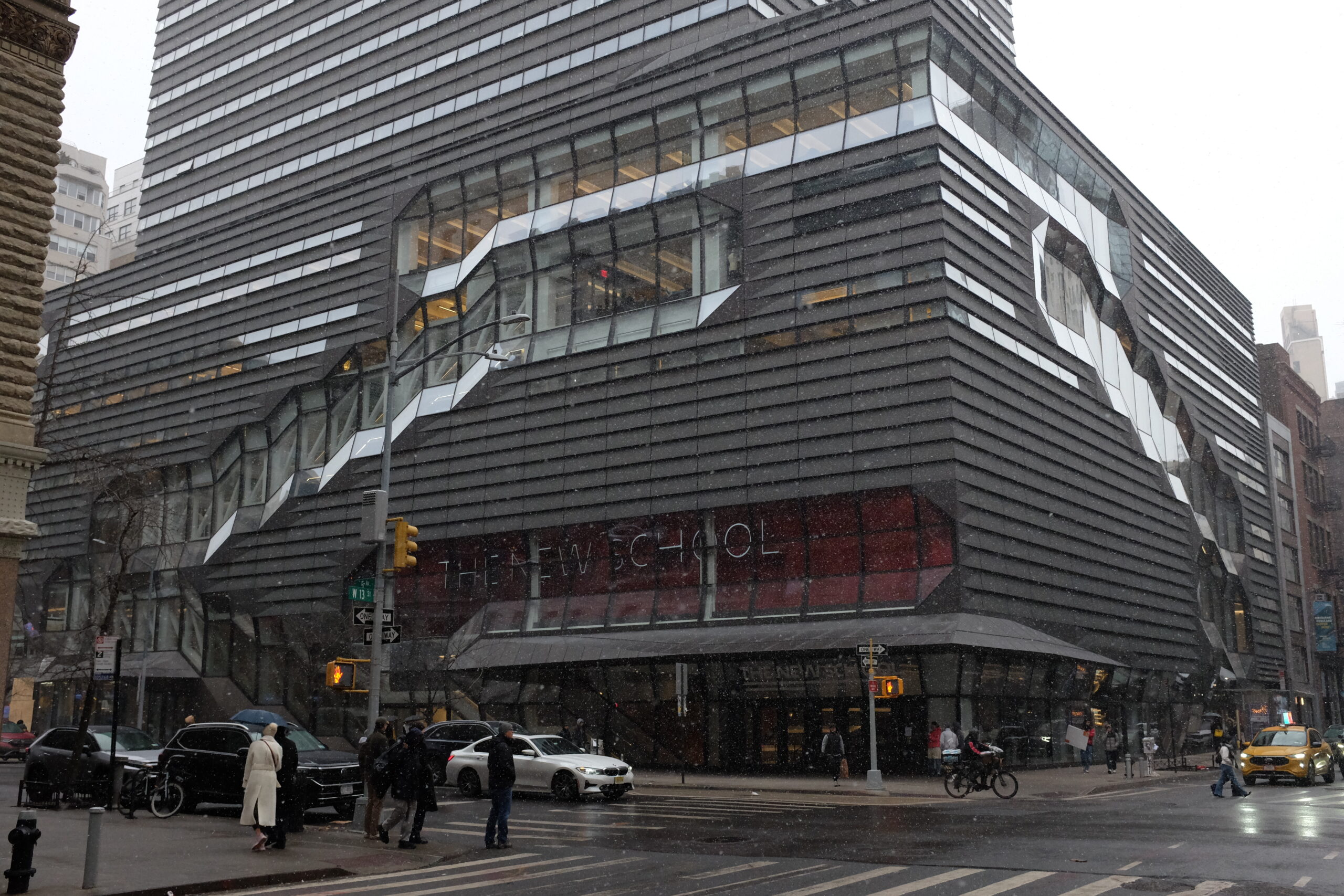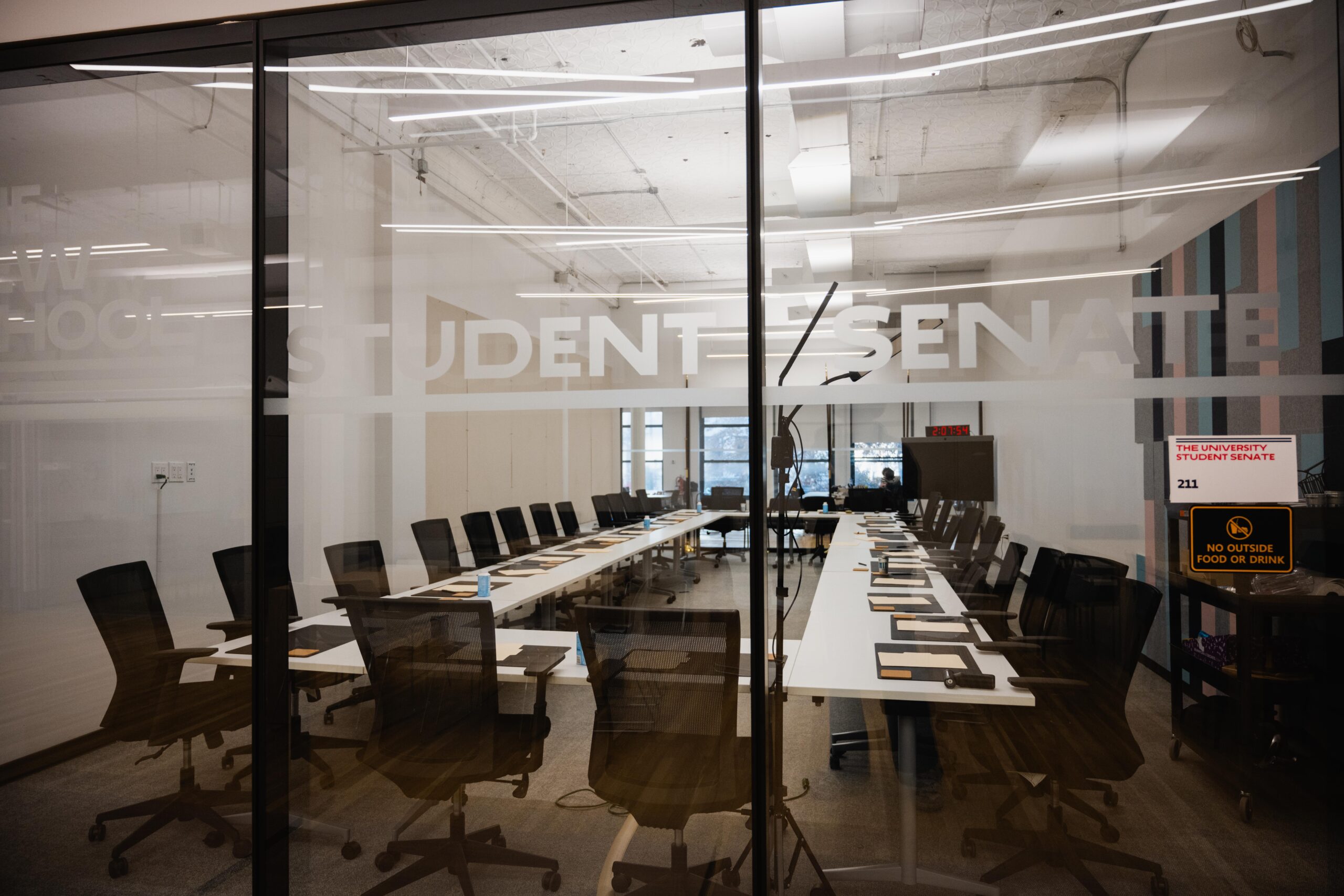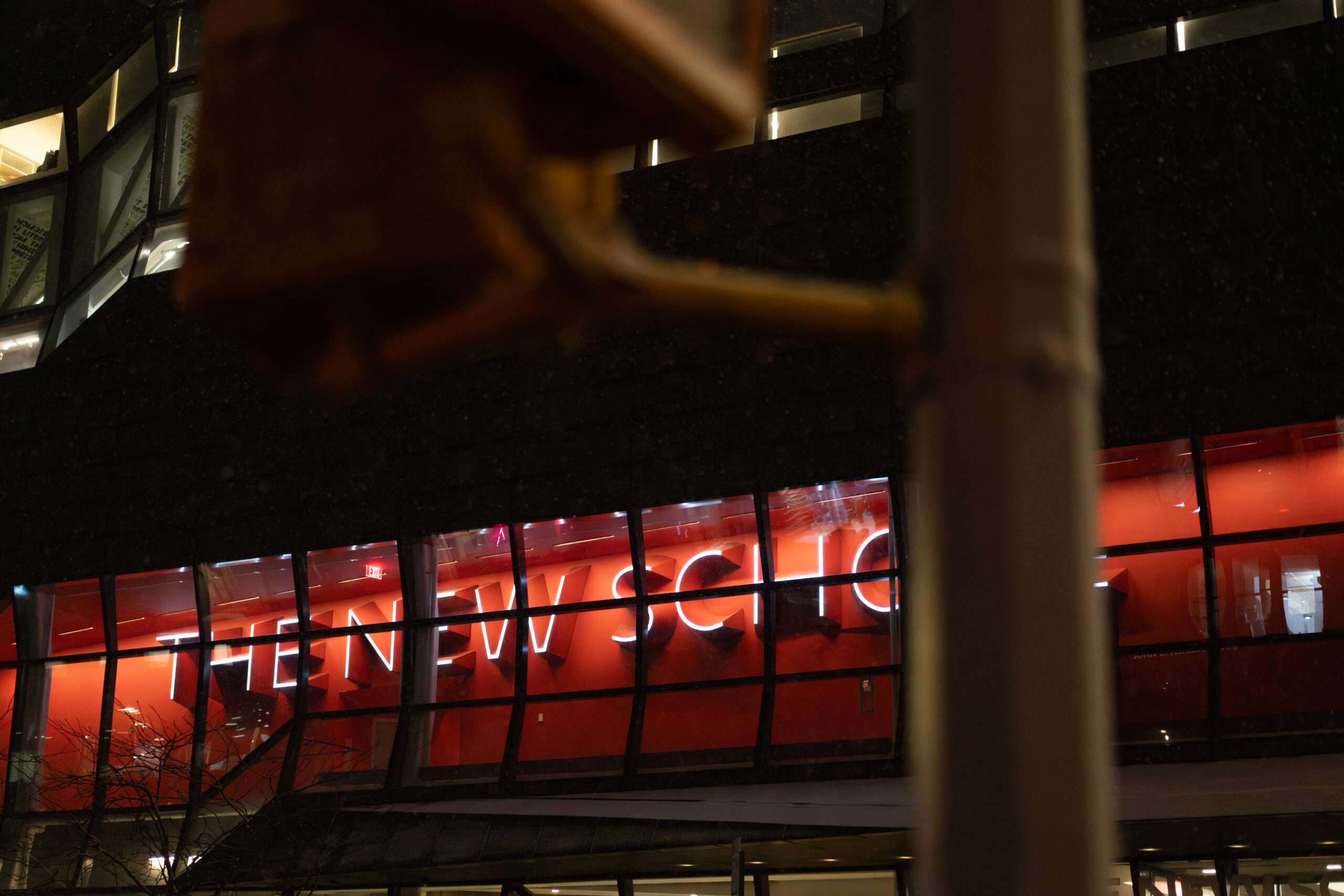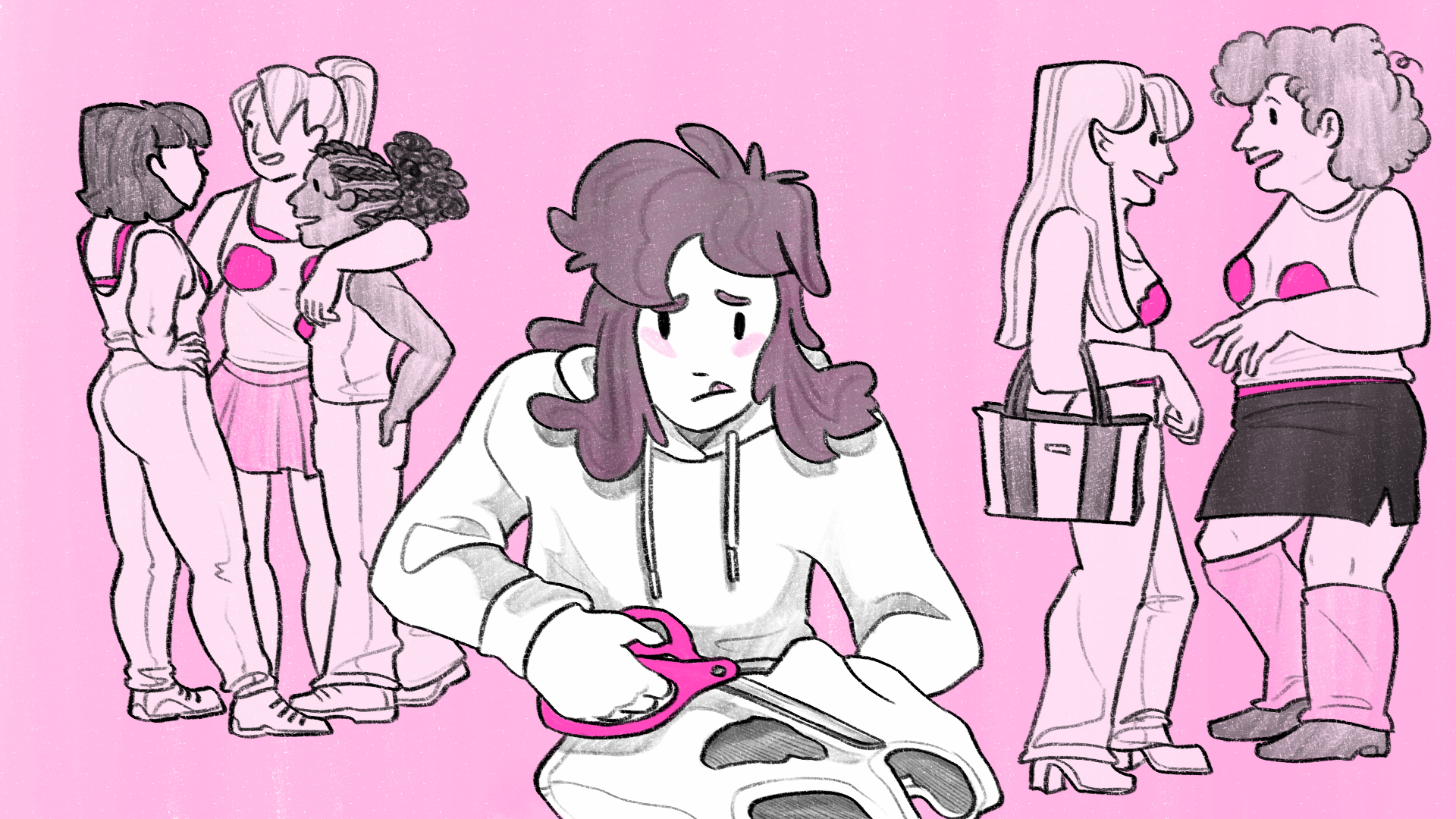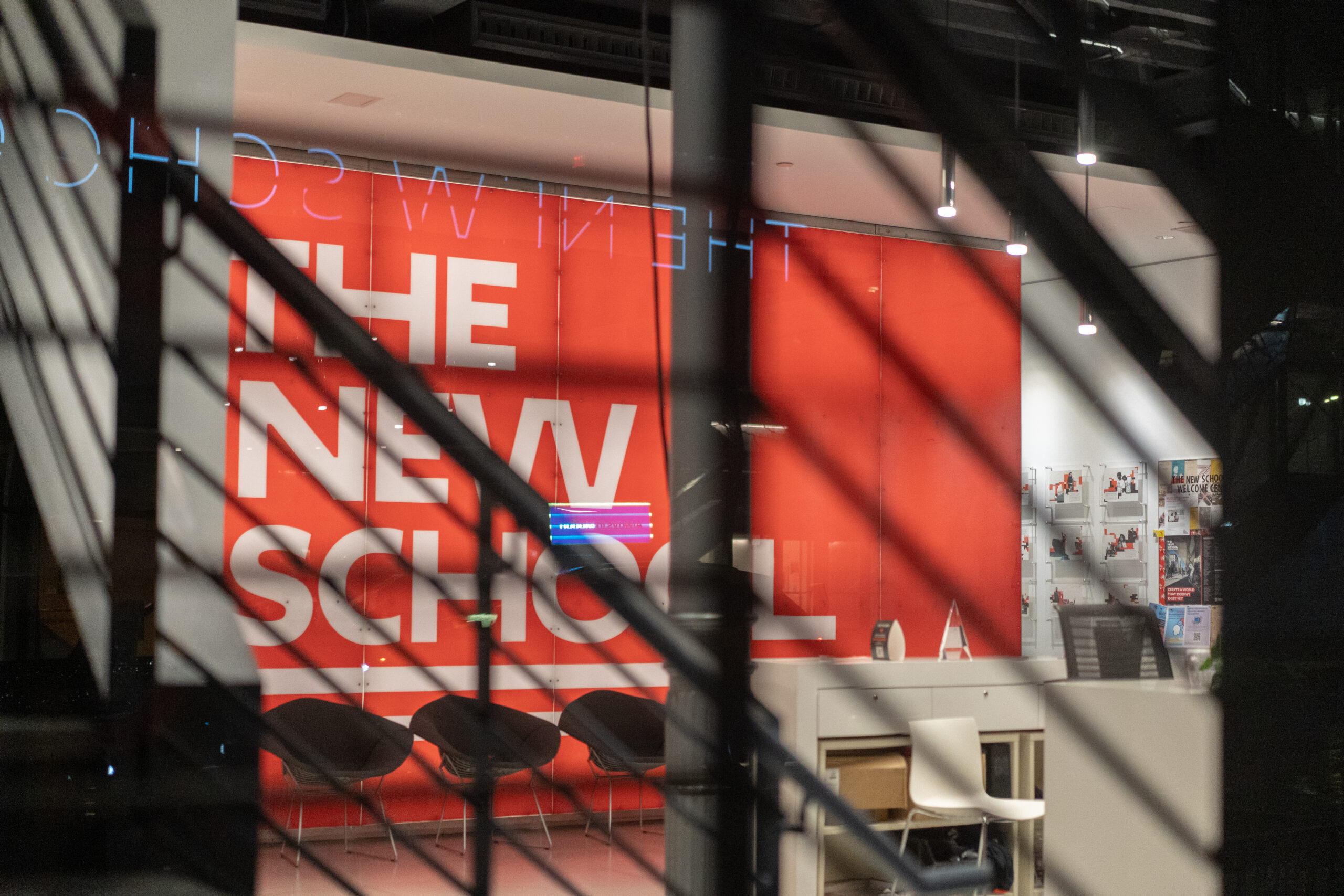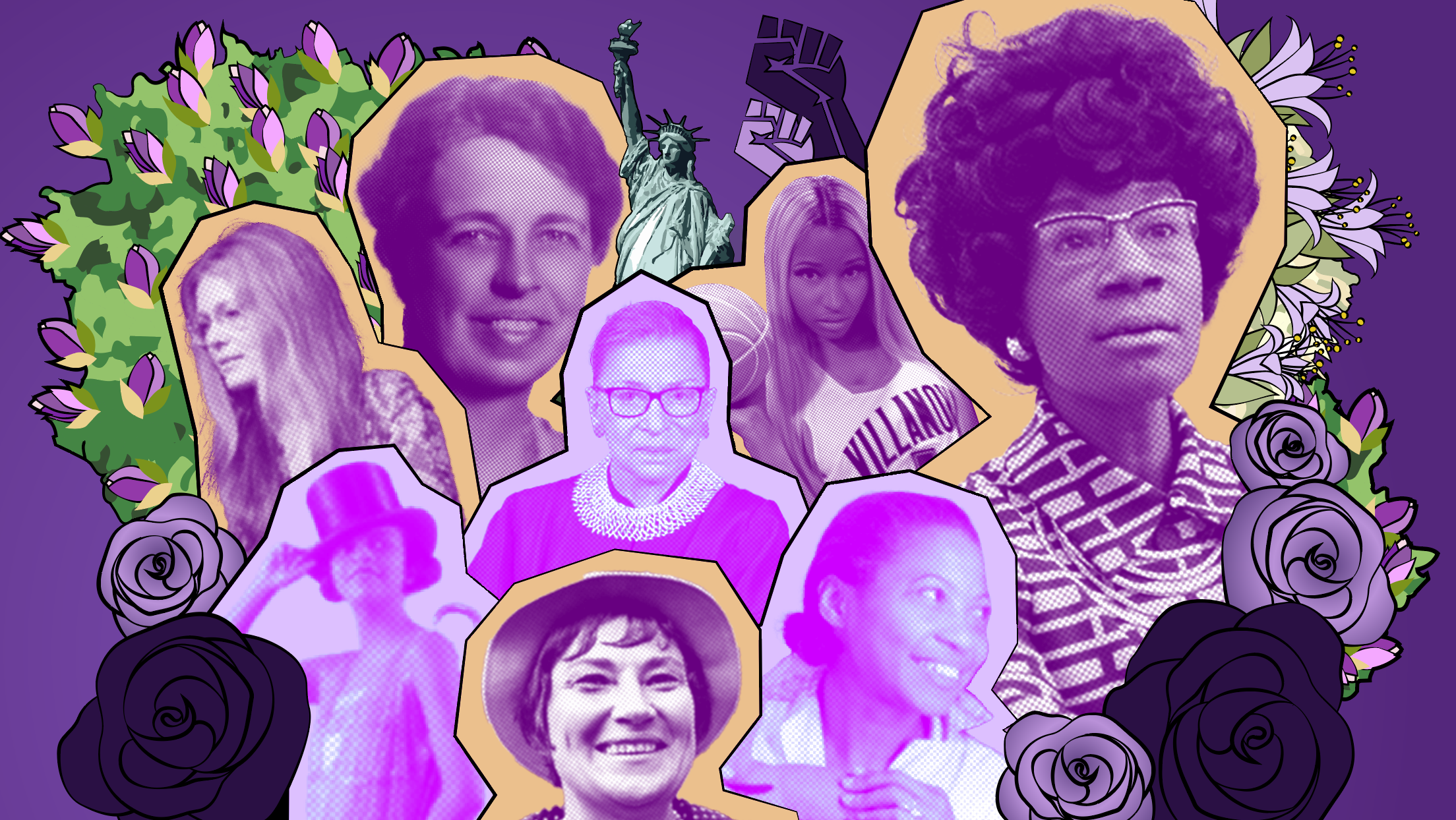Jochem Le Cointre is a 21-year-old jazz piano student at the New School’s Performing Arts college, who strayed from his original major to write and compose a musical play.
On the first warm day of March I am waiting for him in front of Joe’s coffee. When he arrived a polite five minutes late he was still accompanied by his orchestral manager Kaisha Murza. He tells me that he is going to finish up the script after we are done with the interview.
Le Cointre was born in the Netherlands and decided to come to New York City after attending the Summer Jazz Workshop in Bassano del Grappa, Italy hosted by The New School. After some time playing gigs and studying at the school he became slightly dissatisfied. He felt that in music education, technicalities often are too important.
“The musicians are trying to perfect their technique and show off instead of indulging in the emotion and meaning behind the music,” he said.
After his first year of school he went back home to the Netherlands for his summer break. His Dutch friends still had to go to school or were working and with nobody to talk about and process everything that had happened in the past year he faced “this kind of a vacuum.” While looking for an occupation he discovered his mother’s collection consisting of novels written by the German author Hermann Hesse. He enjoyed all of them but the story that resonated with Le Cointre the most was “Steppenwolf.“
While writing the novel Hesse suffered from the impact of the technological and rationalized world which he saw as a threat to the mind and soul of the people. He could not let go the feeling of threat of approaching catastrophes and new wars. Our world is getting more and more digital. Americans are spending an average of seven hours every day looking at screens and the fear of wars and terrorism is omnipresent. And concerning that “the novel is still really true to today,” Le Cointre said.
This is why he got so excited with the novel. “For the first time I did not only enjoy a book but felt that the themes treated in it really resonated with me and my own life.”
Steppenwolf is about a man named Harry Haller who is trying to cope with his torn personality. His human and civil side and his socially critical and lonely side. Both sides are fighting each other and are blocking Hallers artistic development.
When Jochem got back to New York City he started taking classes at Mannes but got bored fast because of all the theory he had to learn. He started skipping class and was roaming the city instead.
“I walked around the city, it was still snowing a bit, and eventually I came across this man at Union Square reciting lines from a play. Before that I thought busking was something only musicians would do and I got intrigued.” This experience together with his passion for Steppenwolf sparked the idea to create a musical play based on the novel.
Le Cointre started working on the play “Steppenwolf, a musical retelling“ in the first semester of his senior year. In the play he is combining classical music, jazz and dance performances to create a lively and emotional interpretation of the novel. “Classical music does not have to be boring,” he says. “It can also be fun and there is a lot of fun in the play, too.”
Right now he is finished with the script and is working on casting the actors as well as the musicians for the project. It is going to be performed at 12th Street’s Old Tishman Auditorium on May 11th and May 12 at 7 p.m. It is financed by the University Student Senate.
Many students are stressed out about their choice of major or the direction their are heading in right now. Every artist is sometimes struggling with their calling, “but if we do it might be the time to rethink our decisions,” Le Cointre said. As we see with him, it is rarely too late to change your path into what you really want to do.


